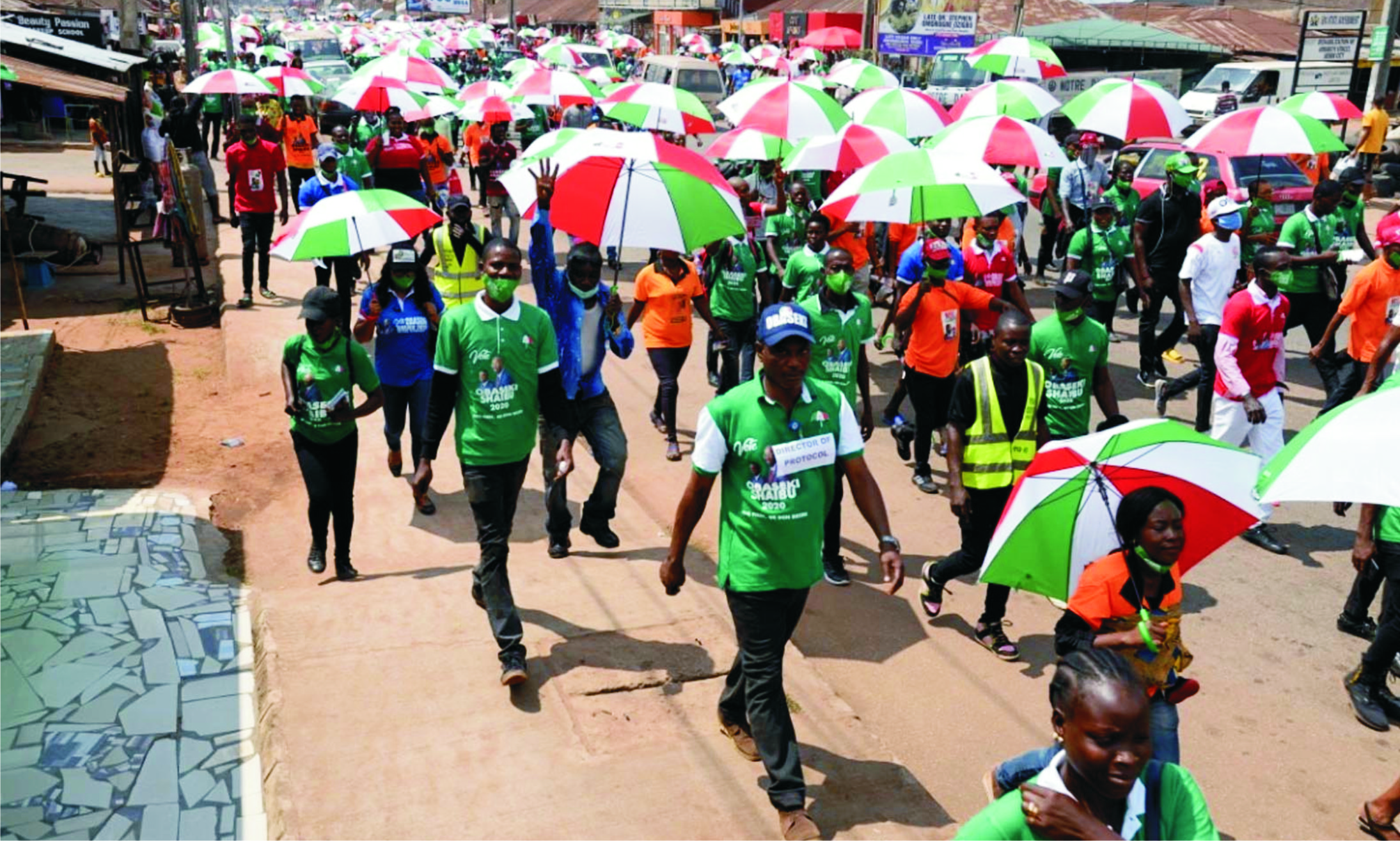Niger Delta
Group Moves To Recall Councillor In C’River

The Councilor representing Erei-South Ward in Biase Local Government Area of Cross River State, Hon. Edwin Ukam is set to be recalled by his constituents.
A group under the aegis of Erei-South Youths for Good Governance (EYGG) in a statement hinted that the process for the recall of the lawmaker has commenced.
The group noted that they commenced the recalling process against the Councilor over an alleged poor representation even as they tagged him a “Diaspora Councillor.”
In a statement made available to newsmen in Calabar, the group noted that his recall was necessary and timely due to the obvious vacuum in leadership, inaccessibility, poor performance and inability to put the ward interest above his personal interest in the course of legislative engagements.
“Since he assumed office, the Councillor has neither visited the ward nor calls for any meeting of ward members and often do not pick calls. He is completely losing touch with his people and creating a serious vacuum as the position is highly critical to the political, socio-economic development and advancement of the ward being a rural area”, the statement reads in part.
The aggrieved constituents revealed that they were going round the ward to collate signatures for onward submission to the appropriate authority for his immediate recall.
Speaking on the issue, the Ward Chairman of the People Democratic Party (PDP), Mr. Obin Egwu, confirmed the development.
He lamented that the Councillor is largely inaccessible and have maintained a great distance from the people of the ward, as such the PDP being the Councillor’s party and her Ward Leaders have also been complaining seriously.
“Yes I am aware of the agitation by some party members and group of people for the recall of Hon. Edwin Ukam. I also think their complains are very genuine as the Legislator has not met with the Ward Caucus and the party at large since his emergence, despite such massive support given to him during the elections. Not even a ‘Thank You’ visit or meeting from him to the ward till date. It is completely unfair and unbecoming of him”, Obin said.
Niger Delta
Stakeholders In Delta Seek Stronger GBV Action, Women’s Leadership

Niger Delta
C’River Suspends Taskforce Activities Over Drivers’ Protest

Niger Delta
A’Ibom Assembly Urges More Private Investments In Agriculture

-

 News4 days ago
News4 days agoAmend Constitution To Accommodate State Police, Tinubu Tells Senators
-

 Politics4 days ago
Politics4 days agoSenate Urges Tinubu To Sack CAC Boss
-
Business4 days ago
Crisis Response: EU-project Delivers New Vet. Clinic To Katsina Govt.
-
Business4 days ago
President Tinubu Approves Extension Ban On Raw Shea Nut Export
-

 News4 days ago
News4 days agoDisu Takes Over As New IGP …Declares Total War On Corruption, Impunity
-
Business4 days ago
Fidelity Bank To Empower Women With Sustainable Entrepreneurship Skills, HAP2.0
-
Business4 days ago
President Tinubu Extends Raw Shea Nuts Export Ban To 2027
-
Sports4 days ago
NDG: Rivers Coach Appeal To NDDC In Talent Discovery

